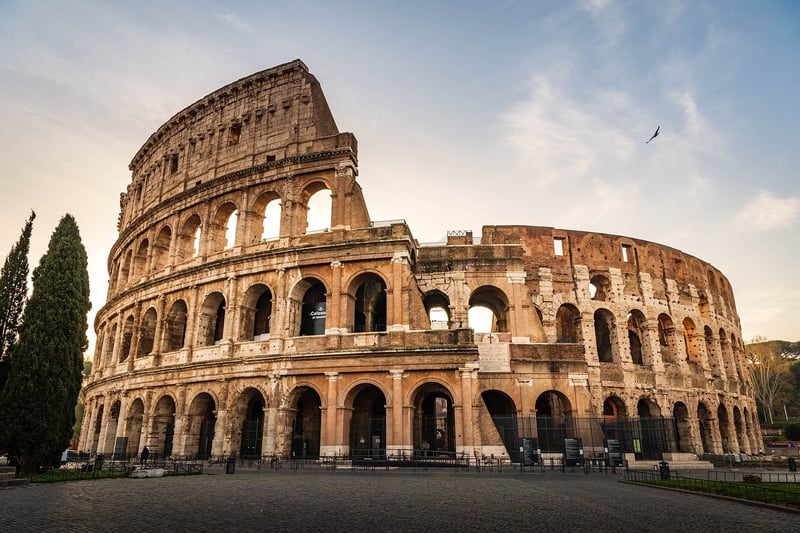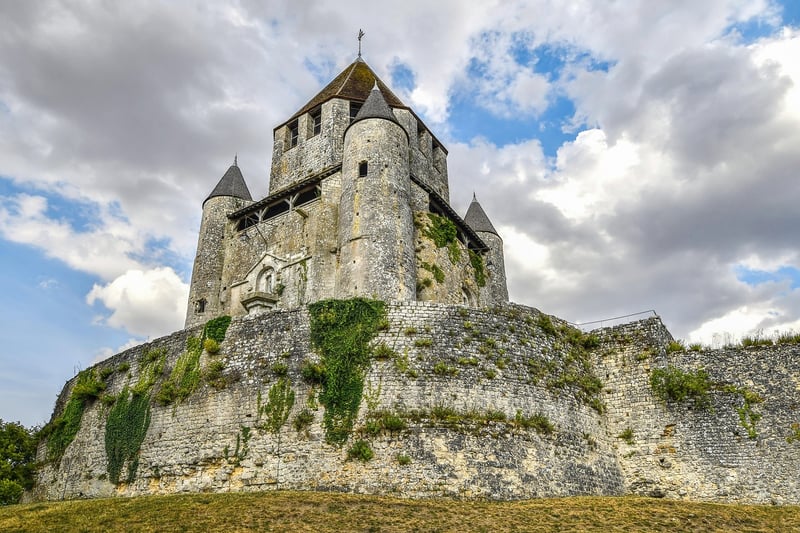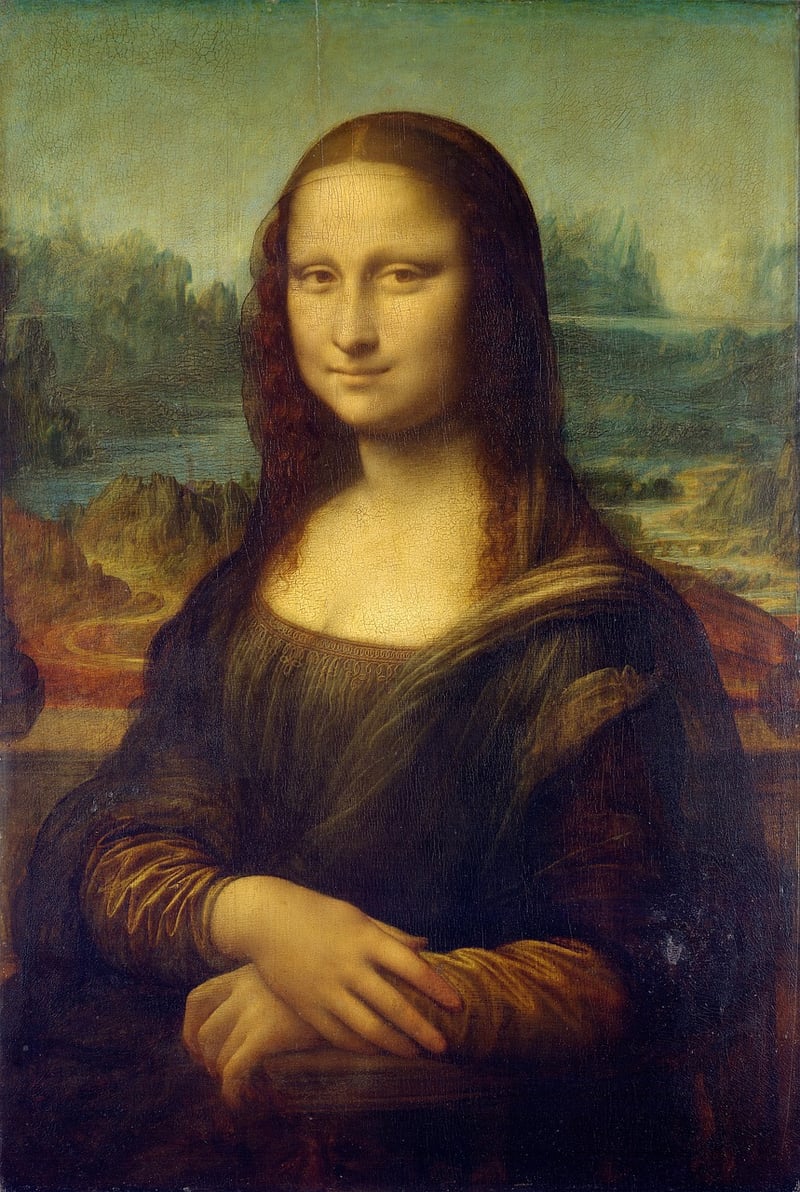Industrial Revolution
The Evolution of Time: Exploring Different Time Periods and the Industrial Revolution
Time is a concept that has shaped human history in remarkable ways. From ancient civilizations to the modern era, each time period has left its mark on society, culture, and technology. Let's take a journey through time and explore the significant milestones that have defined different epochs, leading up to the transformative Industrial Revolution.
Ancient Times: The Cradle of Civilization
Our exploration begins in ancient times, where early civilizations such as Mesopotamia, Egypt, Greece, and Rome laid the foundation for human advancement. These cultures excelled in architecture, art, philosophy, and governance, setting the stage for the development of complex societies.

The Middle Ages: Feudalism and Medieval Life
During the Middle Ages, Europe experienced the feudal system, characterized by lords, vassals, and serfs. This period also saw the rise of chivalry, Gothic architecture, and the Black Death, shaping the social and cultural landscape of the time.

The Renaissance: Rebirth of Arts and Sciences
The Renaissance marked a period of renewed interest in art, literature, and science. Artists like Leonardo da Vinci and Michelangelo produced masterpieces, while thinkers like Galileo and Copernicus revolutionized our understanding of the universe.

The Industrial Revolution: A Turning Point in History
The Industrial Revolution, starting in the late 18th century, brought about significant changes with the mechanization of production processes. Steam engines, factories, and urbanization transformed society, leading to increased productivity and economic growth.

Exploring different time periods allows us to appreciate how far we've come and understand the impact of historical events on our present-day lives. Each era contributes to the rich tapestry of human history, shaping our world in unique and profound ways.
Let's continue to delve into the past, learning from the triumphs and challenges of previous generations as we navigate the complexities of our own time.
